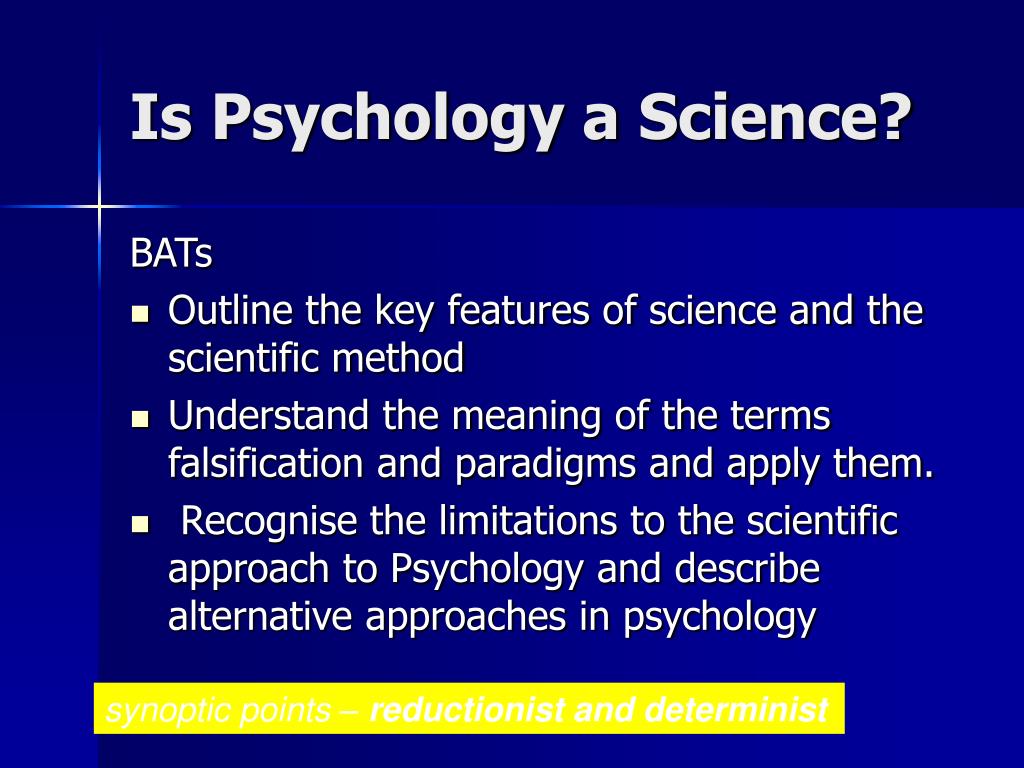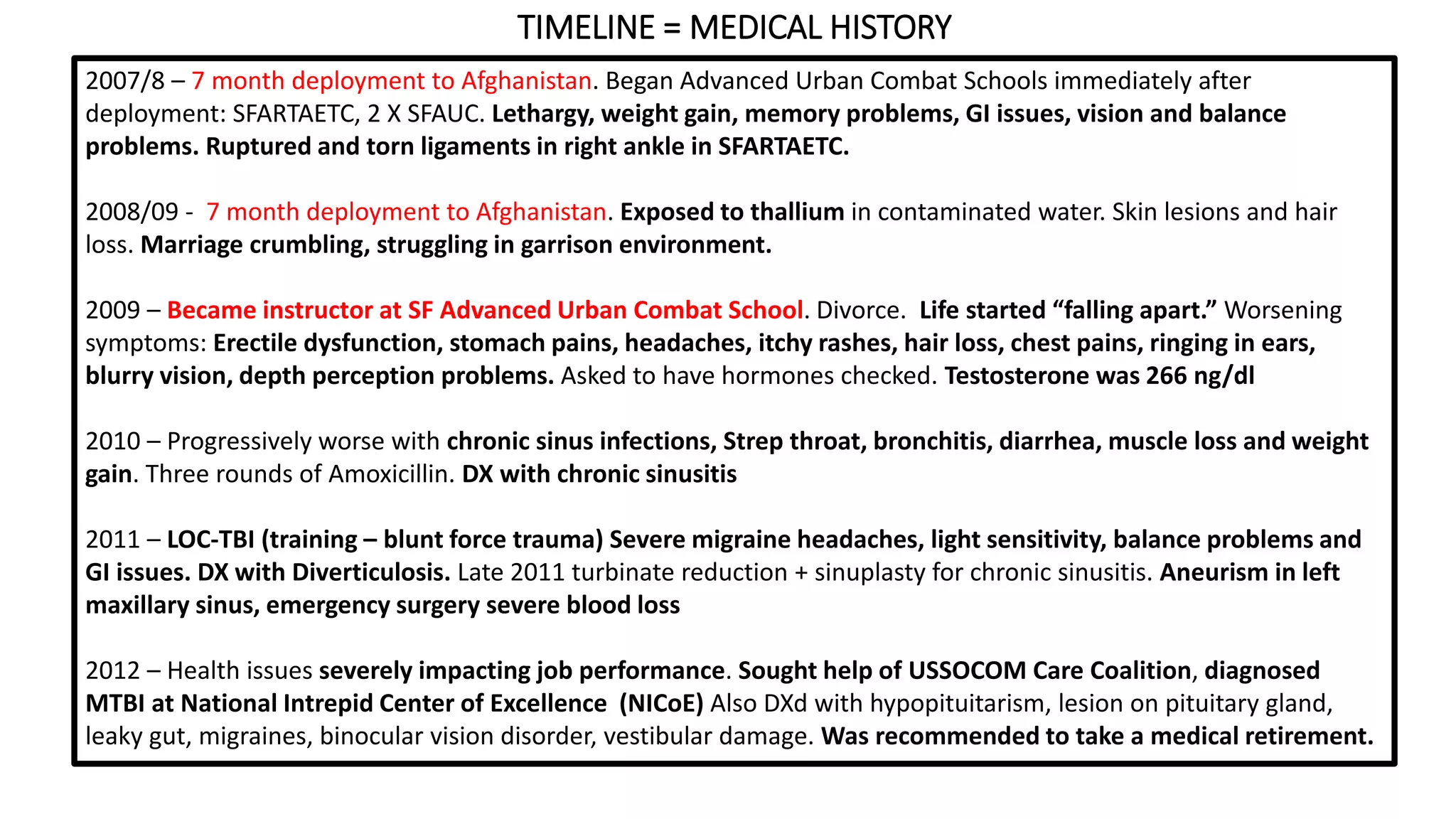Forensic DNA Technology: The Perfect Career Blend of Science and Investigation
Forensic DNA technology: where science meets criminal investigation
The intersection of DNA technology and forensics has created one of the virtually compelling career paths in modern science. Forensic DNA analysts work at the crossroads of biology, chemistry, and criminal justice, use sophisticated laboratory techniques to help solve crimes and bring justice to victims.
This specialized field has revolutionized criminal investigations, provide conclusive evidence in cases that might differently remain unsolved. For those with an aptitude for science and a passion for justice, a career combineDNAa technology and forensics offer intellectual challenges, societal impact, and diverse professional opportunities.
What’s forensic DNA analysis?
Forensic DNA analysis involve examine biological evidence collect from crime scenes to identify individuals through their unique genetic profiles. This process help investigators connect suspects to crimes, identify victims, and exonerate the innocent.
The power of DNA evidence lie in its specificity. Except for identical twins, no two people share the same DNA sequence. This biological uniqueness make DNA evidence exceptionally reliable when decently collect and analyze.
Modern forensic DNA analysis examine specific regions of DNA that are known to vary between individuals. These variations, call polymorphisms, create distinct patterns that can beusede to identify or exclude suspects with remarkable accuracy.
Career paths in forensic DNA technology
Forensic DNA analyst
Forensic DNA analysts work principally in crime laboratories, processing and analyze biological evidence. Their daily responsibilities include:
- Extract DNA from various biological samples
- Amplify DNA segments use polymerase chain reaction (pPCR)
- Analyze DNA profiles use specialized software
- Interpret results and prepare reports
- Testify in court as expert witnesses
These professionals must maintain meticulous attention to detail and follow strict protocols to ensure the integrity of evidence and accuracy of results.
DNA technical leader
With experience and additional education, forensic DNA analysts can advance to technical leadership positions. DNA technical leaders oversee laboratory operations, develop protocols, implement new technologies, and ensure compliance with quality standards.
These roles require not solely scientific expertise but besides management skills and a deep understanding of forensic laboratory accreditation requirements.
Forensic biologist
Forensic biologists oftentimes work more generally with biological evidence, conduct preliminary testing to identify blood, semen, saliva, and other bodily fluids before DNA analysis. They may besides examine hair, fibers, and other trace evidence use microscopy and other analytical techniques.
Research scientist
For those interested in advance the field, research positions in forensic DNA technology focus on develop new techniques, improve existing methods, and explore emerge technologies. These positions typically exist within government agencies, private companies, or academic institutions.
Crime scene investigator with DNA specialization
Some professionals combine field investigation with laboratory expertise, specialize in the collection and preservation of biological evidence at crime scenes. These investigators understand how environmental factors affect DNA degradation and apply this knowledge to optimize evidence recovery.
Educational requirements
Enter the field of forensic DNA analysis typically require significant education and training:
Undergraduate education
The foundation begin with a bachelor’s degree in a relevant scientific discipline such as:
- Biology
- Molecular biology
- Biochemistry
- Forensic science
- Chemistry
Coursework should include genetics, biochemistry, molecular biology, statistics, and ideally, some introduction to forensic science.
Graduate education
While entry level positions may be available with a bachelor’s degree, advancement in the field oftentimes require a master’s degree or Ph.D. in forensic science, molecular biology, or a related field. Graduate programs specifically in forensic DNA analysis or forensic molecular biology provide specialized training direct relevant to the profession.
Laboratory training
Hands-on laboratory experience is essential. Many forensic laboratories require new analysts to complete extensive training programs before work severally on casework. These programs typically last 6 12 months and cover laboratory procedures, quality assurance, legal aspects of forensic science, and courtroom testimony.
Certification
Professional certification, such as that offer by the American board of criminalistics (aABC) demonstrate competency and commitment to the field. Many employers prefer or require certification for advancement.
Essential skills for forensic DNA professionals
Technical skills
-
Laboratory techniques:
Proficiency in DNA extraction, quantification, amplification, and analysis -
Instrumentation:
Experience with genetic analyzers, PCR machines, and other specialized equipment -
Data analysis:
Ability to interpret complex genetic data and identify meaningful patterns -
Quality control:
Understanding of laboratory standards and contamination prevention
Analytical skills
-
Critical thinking:
Evaluate evidence objectively and draw sound conclusions -
Attention to detail:
Maintain precision in all aspects of laboratory work -
Problem-solving:
Address challenges with degraded samples or mixed DNA profiles -
Statistical analysis:
Understand probability and population genetics as they apply to DNA evidence
Professional skills
-
Communication:
Explain complex scientific concepts to non-scientists, include jurors and attorneys -
Documentation:
Maintain comprehensive, clear records of all analyses -
Ethics:
Uphold the highest standards of scientific integrity -
Testimony:
Present evidence efficaciously and confidently in court
Work environments
Forensic DNA professionals work in various settings, each with distinct characteristics:
Government crime laboratories
Near forensic DNA analysts work in public crime laboratories operate by state, federal, or local governments. These laboratories process evidence for criminal investigations and maintain DNA databases. Government positions typically offer stable employment, benefits, and the opportunity to work on a wide variety of cases.
Private forensic laboratories
Private laboratories may handle overflow from government facilities, conduct testing for defense attorneys, or specialize in particular types of DNA analysis. These settings sometimes offer higher salaries and access to cutting edge technologies.
Academic and research institutions
Universities and research centers employ forensic DNA experts to conduct research, develop new techniques, and train the next generation of professionals. These positions emphasize innovation and frequently involve publication in scientific journals.

Source: kartinausa.tv
Federal agencies
Agencies like the FBI, DEA, and ATF maintain specialized forensic laboratories with advanced capabilities. These positions may involve high profile cases, specialized training, and opportunities for advancement within federal service.
Current technologies in forensic DNA analysis
Short tandem repeat (sSTR)analysis
STR analysis remain the gold standard for forensic DNA typing. This technique examine specific regions of DNA where short sequences repeat a variable number of times. The pattern of these repeats create a unique profile that can be compared against reference samples or database entries.
Y STR and mitochondrial DNA analysis
When traditional STR analysis is challenge, analysts may turn to specialized techniques. Y STR analysis examine markers on the y chromosome, which is pass unchanged from father to son. This approach is peculiarly useful for sexual assault cases with mixed male and female DNA.
Mitochondrial DNA analysis examine DNA inherit solely from the mother. This technique work easily with degraded samples or those with limited nuclear DNA, such as hair shafts without roots or old bones.
Next generation sequencing (nNGS)
NGS technologies are revolutionized forensicDNAa analysis by provide more comprehensive genetic information than traditional methods. These platforms can simultaneously analyzestarssSNPsp(( single nucleotide polymorphism)), and other genetic markers, extract more information from challenge samples.
Rapid DNA technology
Rapid DNA instruments can generate DNA profiles in under two hours with minimal human intervention. This technology is progressively used for quick suspect identification and disaster victim identification.
Forensic genetic genealogy
This emerges field combine traditionalDNAa analysis with genealogical research to identify suspects through their distant relatives. By upload crime sceneDNAa profiles to public genealogy databases, investigators can identify family trees that may lead to perpetrators of unsolved crimes.
Challenges in forensic DNA analysis
Technical challenges
-
Degraded samples:
Environmental exposure can break down DNA, make analysis difficult -
Low template DNA:
Tiny amounts of DNA require specialized techniques and careful interpretation -
Mixed profiles:
Biological samples contain DNA from multiple individuals present complex analytical challenges -
Contamination:
Yet minute amounts of extraneous DNA can compromise results
Legal and ethical challenges
-
Privacy concerns:
DNA databases and familial searching raise questions about genetic privacy -
Admissibility standards:
Courts apply to vary criterfor acceptingept scientific evidence -
Interpretation disputes:
Experts may disagree about the significance of complex DNA evidence -
Cognitive bias:
Analysts must guard against allow case information to influence their interpretation of results
The future of forensic DNA technology
The field continue to evolve quickly, with several exciting developments on the horizon:
Expand use of phenotypic prediction
Forensic DNA phenotyping use genetic markers to predict physical characteristics like eye color, hair color, and ancestry. As this technology advance, it may help investigators generate lead when traditional DNA matching yield no results.
Portable DNA analysis
Progressively compact DNA analysis systems may finally allow for reliable testing at crime scenes, dramatically reduce the time between evidence collection and suspect identification.
Epigenetic markers
Research into epigenetics — modifications that affect gene expression without change the DNA sequence — may provide new forensic tools. Epigenetic patterns can reveal information about age, environmental exposures, and potentially eventide the timing of events.
Artificial intelligence applications
Machine learning algorithms are being developed to assist with compleDNAna mixture interpretation, pattern recognition, and database search, potentially increase both the speed and accuracy of forensiDNAna analysis.
Career outlook and compensation
The demand for forensic DNA analysts remain strong, drive by advances in technology, expand DNA databases, and the growth use oDNAna evidence in criminal investigations. The bureau of labor statistics categorize forensiDNAna analysts und” ” forensic science technicians” project steady growth in the field.
Salaries vary base on education, experience, geographic location, and employer type. Entry level positions typically start between $45,000 and $$60000 yearly, while experience analysts and those in supervisory roles can earn $ $8000 to $ 1$1200 or more.
Federal positions and those in areas with high costs of live mostly offer higher compensation. Additional certifications, advanced degrees, and specialized expertise can importantly increase earn potential.

Source: orissatimes.net
Is this career right for you?
A career combine DNA technology and forensics might be ideal if you:
- Have a strong aptitude for science, specially biology and chemistry
- Enjoy laboratory work and precise, methodical procedures
- Can maintain objectivity and attention to detail under pressure
- Are committed to accuracy and scientific integrity
- Have an interest in criminal justice and legal proceedings
- Can communicate complex scientific concepts intelligibly
- Are comfortable with the responsibility of work that impact people’s lives
The field demand rigorous scientific thinking but rewards practitioners with intellectually stimulating work that make a tangible difference in society.
Start your career path
If you’re interested in pursue a career that combine DNA technology and forensics, consider these steps:
-
Education:
Pursue a relevant undergraduate degree with coursework in genetics, molecular biology, and statistics -
Laboratory experience:
Seek internships or research opportunities in molecular biology or forensic laboratories -
Network:
Join professional organizations like the American academy of forensic sciences or the international society for forensic genetics -
Specialized training:
Consider graduate programs specifically in forensic science or forensic DNA analysis -
Certification:
Prepare for professional certification once you have sufficient experience
Many professionals find that attend conferences, participate in workshops, and stay current with scientific literature are essential for long term success in this quickly evolve field.
Conclusion
A career combine DNA technology and forensics offer a unique blend of scientific rigor, investigative work, and public service. As one of the about powerful tools in modern criminal investigation, forensic DNA analysis continue to advance, create new opportunities for those with the right combination of education, skills, and passion.
For scientifically minded individuals who want their work to have direct, meaningful impact, few careers offer the intellectual challenges and societal contributions find at the intersection of DNA technology and forensic science. Whether analyze evidence in a laboratory, research new techniques, or testify as an expert witness, forensic DNA professionals play a crucial role in the justice system, help to solve crimes and bring closure to victims and their families.



